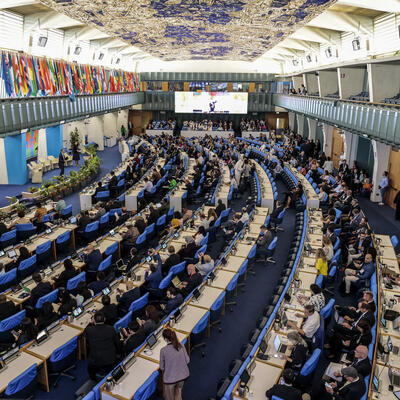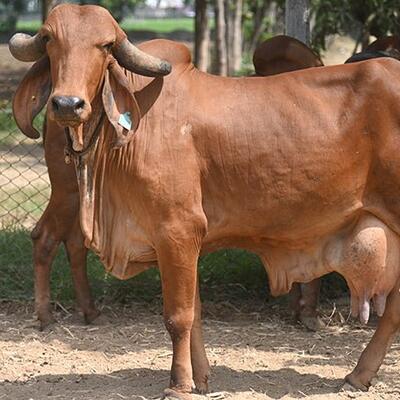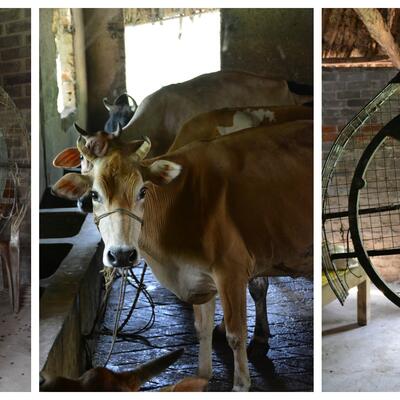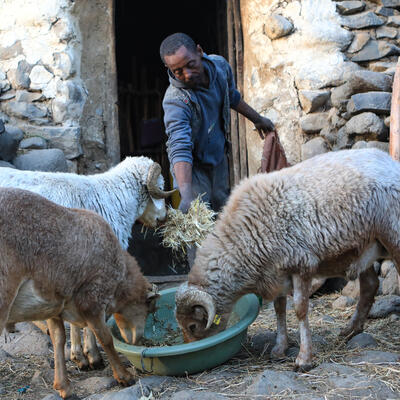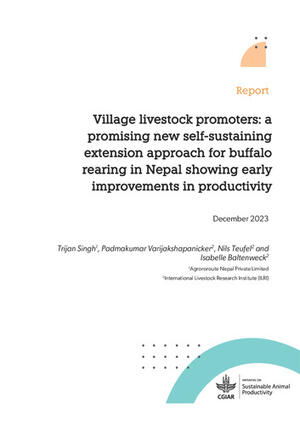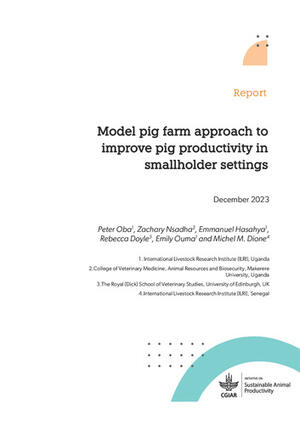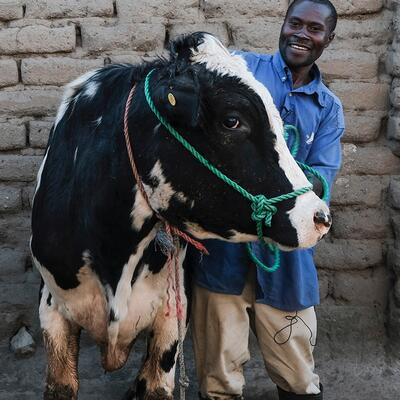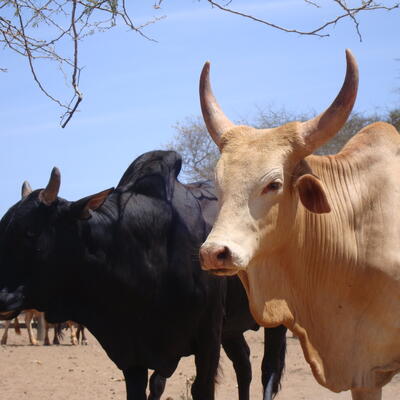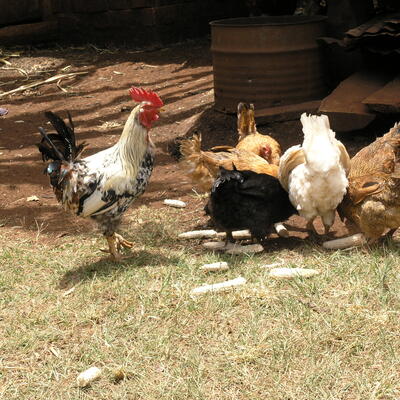
Environmental efficiency and livestock production for sustainable development (EPAD)
EPAD, Environmental efficiency and animal productions for sustainable development, is a project financed by the French national research agency and the AIRD in the ANR-Systerra program. Livestock production is a major component of the agricultural sector and the economy of many countries and regions. They are called to a major expansion to meet growing demand from the South. In the current livestock systems state and regarding the future, this development raises questions about the effects and externalities. In particular, concerning the climate change, the contribution of livestock to the production of greenhouse gases is widely questioned. A wide diversity of livestock systems is observed in the world. The systems are complex and have multiple functions (food, capital, cash, labor, fertilizer, religion, gifts). Their economic and social importance especially in poor economies is very important. It is imperative that these systems converge to a more sustainable development. The flow of energy, carbon and nitrogen can provide indicators of interest in the understanding of the overall sustainable functioning of these systems. The central hypothesis of the EPAD project is that within each system and the farms attached to a particular land use system, because of the diversity of individual practices, there is a large diversity of efficiencies on the various technical indicators, energy, economic, environmental or social that can be established. By efficiency we mean the achievement of multiple goals with a minimal use of resources. The project focuses on the analysis of diversity of efficiency between and inside the systems for major types of ruminants livestock production situations. Exploring the diversity the project seeks to evidence the potential margins of progress and to identify possible innovations to better contribute to sustainable development. EPAD, beyond the traditional approach of sector management of the resources and animals, aims to design and develop assessment methods and better integrated representations of livestock in different ecosystems. By focusing on the fluxes of carbon, nitrogen and energy in the domestic ruminants and upon methodological and experimental developments, and data collection, EPAD aims: to build a referential of geographically contrasted system situations on their use of renewable and non-renewable energies; to complete the tropical models for estimating the GHG emissions and stock-flow of carbon and nitrogen, to develop energy indicators used to describe systems at different scales and to compare systems; and to explore in modelling approaches the innovations and possible improvements in the sustainable efficiency of systems. The science and technology concerns : 1) Validation of models in temperate and tropical areas for the estimation of GHG emissions and carbon balance; - 2) Comparison of methods of energy balances, and the search for new indicators to analyze the various systems ranging from extensive to intensive in terms of energy sources and practices of farmers; 3) Development of the frontier analysis methods to assess practices best related to sustainable efficiency. For this, the diversity will be further analyzed along a collection of existing databases in various systems in North and South, models will be explored and tested. The work is organized in 8 tasks. Ten partners are associated with the coordinator CIRAD. On the national territory four units of INRA one of the AgroParisTech institute, and two private entreprises Solagro and IE bring their science and expertise. The ILRI and CIRDES are two major scientific partners in the South







